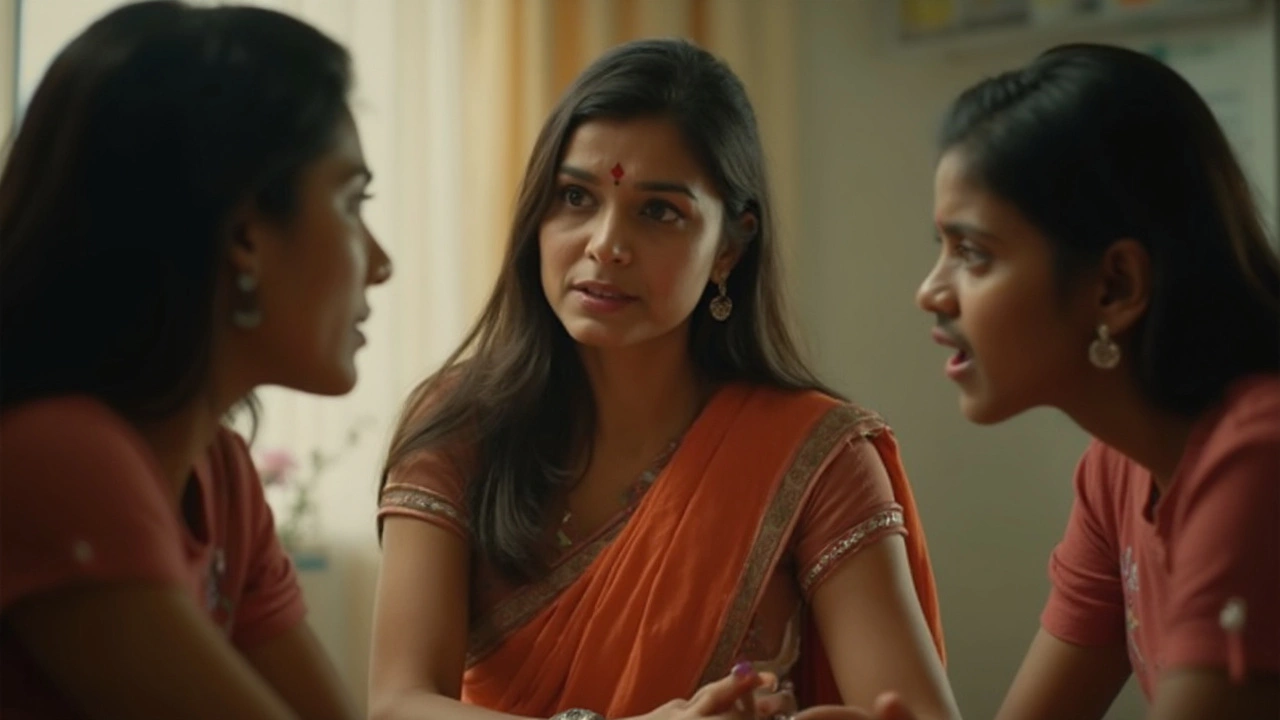How a BJP Ad Turned Into India's Meme Sensation
Most political ads raise eyebrows, but few explode online quite like the BJP’s Modi meme from March 2024. The party’s campaign video starred a young woman, supposedly back from war-torn Ukraine, telling her family that it was Prime Minister Narendra Modi who stopped the Russia-Ukraine conflict. The line “War rukwa di, papa” (“He stopped the war, father”) was meant to be inspiring. Instead, it became the catchphrase of the year—just not for the reasons the BJP hoped.
Soon after its release, viewers questioned the ad’s central claim. The war hadn’t actually stopped—thousands of news reports and global updates made that clear. The Ministry of External Affairs had to step in, flatly labeling the narrative as “absolutely inaccurate.” Spokesperson Arindam Bagchi explained that while India made efforts to evacuate its citizens, it didn’t halt the fighting. Still, the slogan found new life online, morphing into a meme with a life of its own.
Within days, the internet was overflowing with spoofs. Social media users took the phrase and ran with it, pairing it with everything from mock situations at home—'Mom, I stopped the rain so we wouldn’t get wet'—to jokes about ending legendary tennis matches. The punchline never changed: attributing impossible feats to Modi, all in the same style as the original ad. It crossed platforms, from Instagram reels to Twitter threads, showing just how quickly satire can spread in digital India.
From Satire to Global Scrutiny: The Meme That Wouldn't Die
India’s opposition parties didn’t let the moment pass. Congress leader Rahul Gandhi posted his own quips online, mocking the government’s use of fiction in campaigning. Popular YouTuber Dhruv Rathee, known for fact-checking political narratives, did a full breakdown of the ad, exposing its inaccuracies and poking fun at its logic. His video racked up millions of views, prompting even more memes.
The buzz wasn’t limited to India. John Oliver, host of the international comedy show 'Last Week Tonight,' made the ad a centerpiece in his June 2024 episode. He played clips from the video alongside Modi’s previous international interviews, calling out the wild claim. For Indian viewers, watching the country’s election campaign become late-night comedy material was both embarrassing and hilarious. Suddenly, what started as a campaign for a domestic audience had become global meme fodder.
But the story isn’t just about laughs. The mess around the “War rukwa di” ad captures a deep anxiety about political spin in the internet age. People have grown quick to spot exaggerations. The reaction this year shows voters—especially young, online Indians—aren’t just passive recipients of political stories. They are critics, comedians, and amplifiers, all at once. Instead of burnishing Modi’s image as a global crisis-solver, the ad did the opposite: it raised questions about the line between inspiration and misinformation during an election season where every narrative matters.
